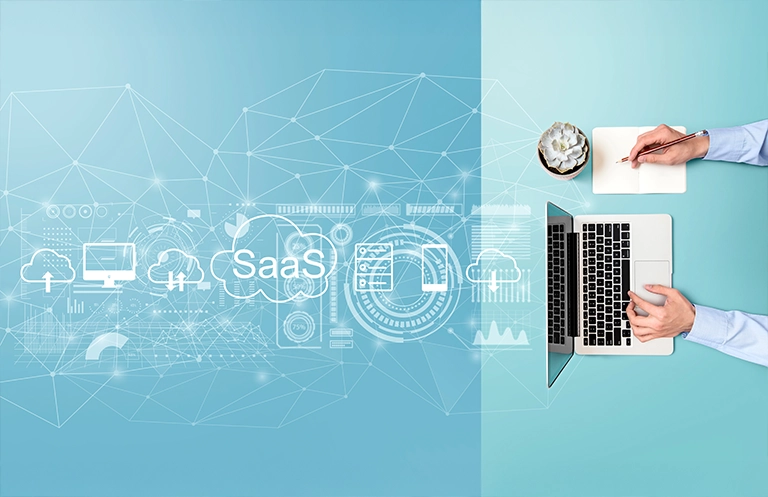Healthcare organizations use multiple health monitoring systems such as EHR programs, radiology information systems, practice management systems, e-doctor systems, clinical support systems, and physician programs. Patient admissions, prescriptions, pharmacy, and insurance are all a part of healthcare digitization now.
Importance of Patient Health and Data
In healthcare, the patient’s health is a top priority, and it is increasingly reliant on medical devices and systems. The sooner a patient receives appropriate care in the right place with the right equipment, the better the chances of a positive outcome. Cyber-attacks on Protected Health Information (PHI), Personal Identification Information (PII), and other programs also pose a risk to patient safety and privacy. Loss of access to medical devices and records, similar to a ransomware attack, can encrypt and hold files hostage. The hacker can access a patient’s private data and steal it. Also, the attacker can intentionally or unintentionally alter the patient data, leading to serious damage to patient health.
Compliance
In the healthcare industry, compliance is vital to the best possible patient results. The Health Insurance Portability and Accountability Act (HIPAA) sets the standard for sensitive patient information. Companies that deal with PHI must have physical, network, and safety measures in place and ensure adherence to these to comply with HIPAA. Failure to do so may result in the imposition of a huge fine – even if no PHI violation occurs – while the violation could result in criminal or civil prosecution.
The components of HIPAA rules are the privacy law, security law, notification violation law, and omnibus law. HIPAA violation can cause the organization a fine ranging between $100 to $50,000 or more.
Some of the key security tips for HIPPA compliance are:
- Keeping data safe with appropriate security logins.
- Access control layer for network and software.
- Monitor breaches and control access.
Types of Cyberattacks
As per the Healthinformatics, healthcare data breaches cost the industry approximately $5.6 billion every year. The healthcare industry is targeted by attackers because it possesses much information, private data, and financial information such as credit card details, bank account details, and information related to medical research and innovation.
Some of the threats for the healthcare industry are:
- Malware and Ransomware: Malware can be used by attackers to block or stop any system, service, or network. Ransomware is used by attackers to encrypt the data and demand a ransom to resolve it. However, sometimes paying a ransom doesn’t guarantee restoration of data. The ransom can be paid, but the data may not be given in its original form. Ransomware is a serious threat to confidentiality, integrity, and access to information.
- Phishing websites/links: Attackers use a phishing link to mislead the target and get important information. Phishing scams are particularly effective as each user is required to access sensitive information, click on a malicious link, or open a malicious attachment.
- Cloud storage threats: PII and PHI data stored on the cloud without proper encryption and restriction can let the attackers gain access to important data. Cloud storage threats include improper access management, data breach, data leak, loss of sensitive data, insecure APIs, and misconfiguration of cloud storage.
- DDOS attacks: DoS (Denial of Service) or DDoS (Distributed Denial of Service) attacks can lead to unavailability of the system or devices.
- Unprotected Devices: Unprotected devices can be an easy target for attackers to get important and private data.
Role of cyber security and ways to improve it
With the rise of cyber-threats and their financial impact on the healthcare industry, cybersecurity plays a key role in keeping the PII, PHI, and other important data safe. In addition, cybersecurity is required to adhere to HIPPA compliance guidelines and security criteria. To improve cybersecurity, the organizations must implement the following practices with the best security audit:
- Secure Communication: Communication over devices and services should be secure, preventing unauthorized access and modifications.
- Data Protection: Protection of data storage and encryption is required to prevent data breach attacks.
- Control and limit access:
- Limit network access: Network access, system services, and applications should be installed by the proper organizational authorities.
- Limit physical access: Physical system and device access should be restricted for unauthorized persons.
- Authentication and Authorization: Strong and secure authentication process must be in place as a strong password policy. It should help restrict access without proper authentication and authorization.
- Device and service updates/maintenance: System and services should be updated to patch the vulnerabilities.
- Security Training for staff: Cybersecurity training and education for the entire staff responsible for protecting the patient data.
Basic security controls such as anti-virus, backup, data recovery, data loss prevention, email gateway, duplicate encryption, firewall, event response system, intrusion detection, mobile device management, policies, security awareness, patch management, web gateway etc., help improve cybersecurity in healthcare.
Advanced security controls such as anti-theft devices, business continuity, disaster recovery program, digital forensics, multi-factor authentication, network fragmentation, login testing, information sharing, and risk scans can also help the healthcare industry enhance its cybersecurity.
How eInfochips can help healthcare providers and health insurance providers:
At eInfochips, we have a dedicated team of experienced security experts with multiple cybersecurity services. We have already helped many clients change their security situation and reduce their risks. Our experts can help you identify your security posts and suggest the best way to fix them. Please feel free to contact us for any safety requirements:
- Medical Device Penetration Testing
- Network Segmentation for Medical Equipment
- Device Inventory and Risk Analysis
- Vulnerability Detection and Response
- Incident Monitoring and Response
- Medical Device Risk Assessments
- Vendor Risk Management and Reviews
- HIPAA Penetration Testing Services
Reference:
- https://healthinformatics.uic.edu/blog/cybersecurity-how-can-it-be-improved-in-health-care/
- https://www.aha.org/center/cybersecurity-and-risk-advisory-services/importance-cybersecurity-protecting-patient-safety
- https://www.promenadesoftware.com/blog/why-cybersecurity-is-becoming-more-important-in-medical-device-1











